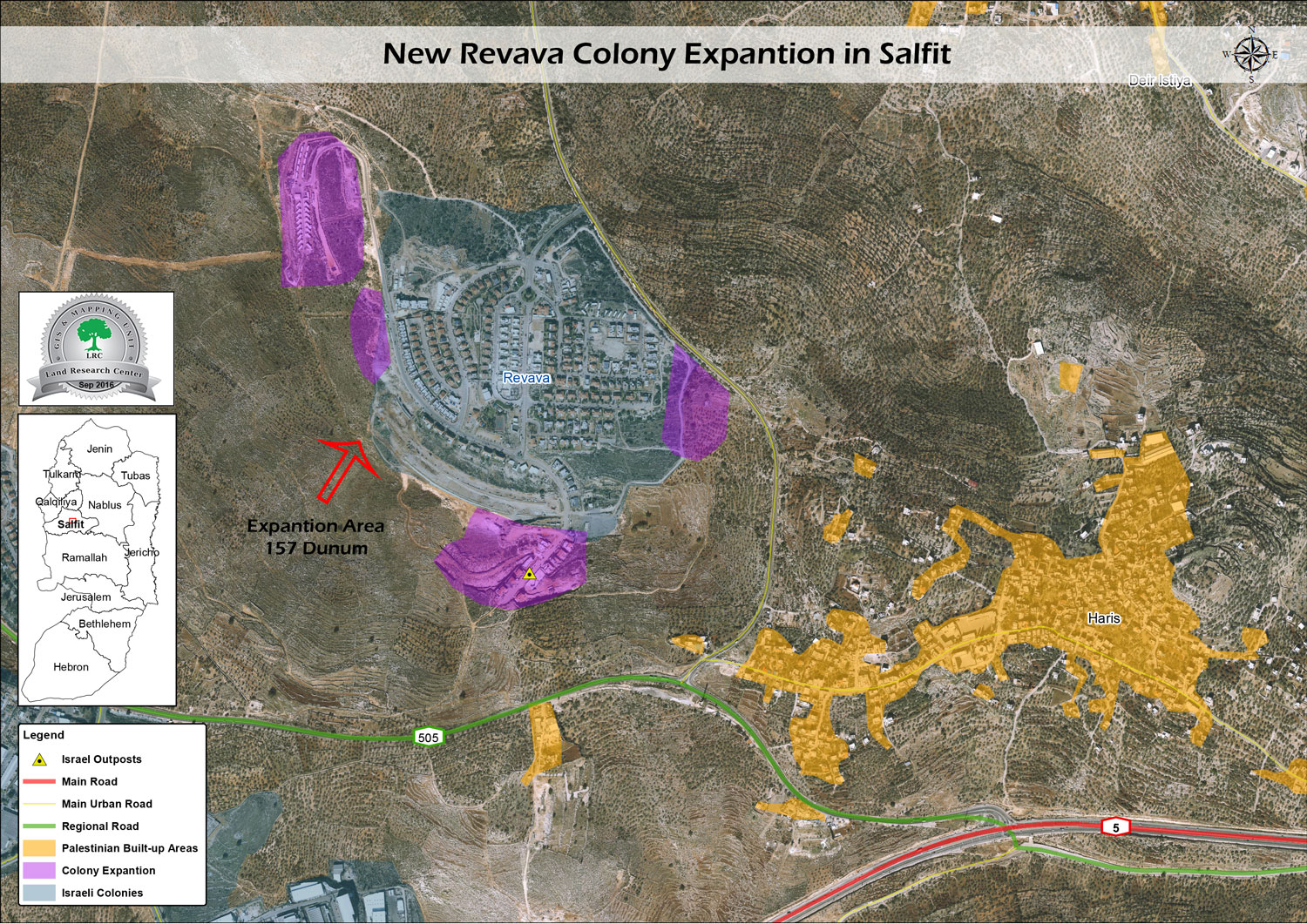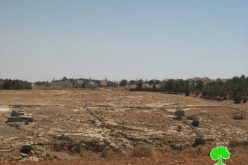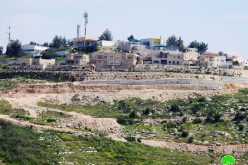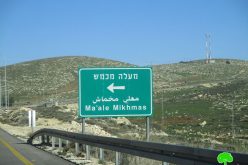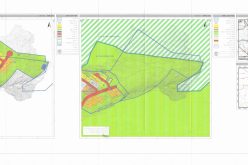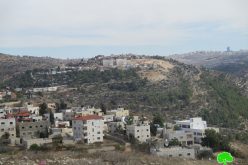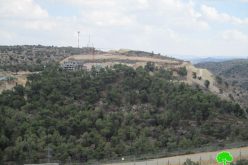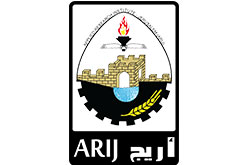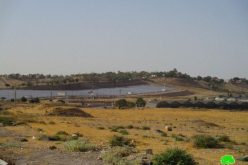New colonial neighborhood in Revava colony at the expense of Salfit government lands
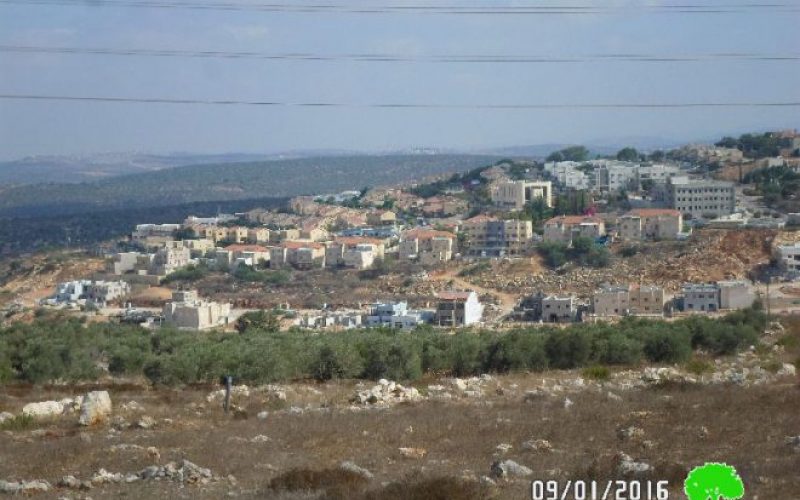
- Violation: annexing new colonial quarter
- Location: Deir Istiya village- Salfit
- Date: September 01, 2016
- Perpetrators: Revava colonists
- Victims: farmers of the village
Details:
Colonial expansion is an Israeli policy deeply rooted in the occupation’s strategy, which aims at changing facts and landmarks to impose a de facto in the coming negotiations with Palestinians. Revava colony that is founded on confiscated lands from Haris and Deir Istiya villages have been witnessing notable expansion during the past ten years. Many residential units were reported annexed to the colony where the infrastructure was adjusted accordingly.
The team of monitoring Israeli violations at Land Research Center LRC documented an expansion activity on Revava colony that is represented in establishing a new colonial quarter in the northern part of colony also known as Seida ; more specifically within the natural block no. 7 from the lands of Deir Istiya.
The targeted area is estimated about 157 dunums. (source: geographical information system GIS – LRC). It is reported that the Housing Ministry of Israel deposited tenders to build more than 85 residential units between 2010-2013.



Sings of the ravaging acts in Revava colony
About Revava colony:
The colony of Revava started in 1991 on confiscated lands from Deir Istiya village. It totals 1540 dunums in area, of which 160 are the colony’s built up area. Revava has a total population of 827 by 2005. (Middle East-Washington Peace)
The colony of Revava, since its establishment, formed an obstacle in the face of the Palestinian building movement in the area of Deir Istiya in addition to the confiscation of vast area of agricultural lands and the ban on sheep grazing in the periphery of Israeli colonies.
Land Research Center sees Israel continuous expansion on colonies in the West Bank and Jerusalem at the expense of Palestinian and lands a flagrant violation of Human Rights and all international laws and conventions, which prohibit disposition of public properties in occupied countries.
UN Resolutions
UN Security Council Resolution 242 of 1967: calls for
- the Withdrawal of Israel armed forces from territories occupied in the recent conflict;
- Termination of all claims or states of belligerency and respect for and acknowledgment of the sovereignty, territorial integrity and political independence of every State in the area and their right to live in peace within secure and recognized boundaries free from threats or acts of force." [4]
UN Security Council Resolution 449 of 1979: the Security Council determined:
- "that the policy and practices of Israel in establishing settlements in the Palestinian and other Arab territories occupied since 1967 have no legal validity and constitute a serious obstruction to achieving a comprehensive, just and lasting peace in the Middle East"
UN Security Council Resolution 452 of 1979: states that
- "the policy of Israel in establishing settlements in the occupied Arab territories has no legal validity and constitutes a violation of the Fourth Geneva Convention relative to the Protection of Civilian Persons in Time of War of 12 August 1949" and "calls upon the Government and people of Israel to cease, on an urgent basis, the establishment, construction and planning of settlements in the Arab territories occupied since 1967, including Jerusalem."
UN Security Council Resolution 465 of 1980:
- It expressed concern at Israeli settlement policy in the Arab territories and recalled resolutions 237 (1967), 252 (1968), 267 (1969), 271(1969) and 298 (1971). It further called upon the State and people of Israel to dismantle such settlements. The resolution calls on all states ‘not to provide Israel with any assistance to be used specifically in connection with settlements in the occupied territories’.
Prepared by
The Land Research Center
LRC

